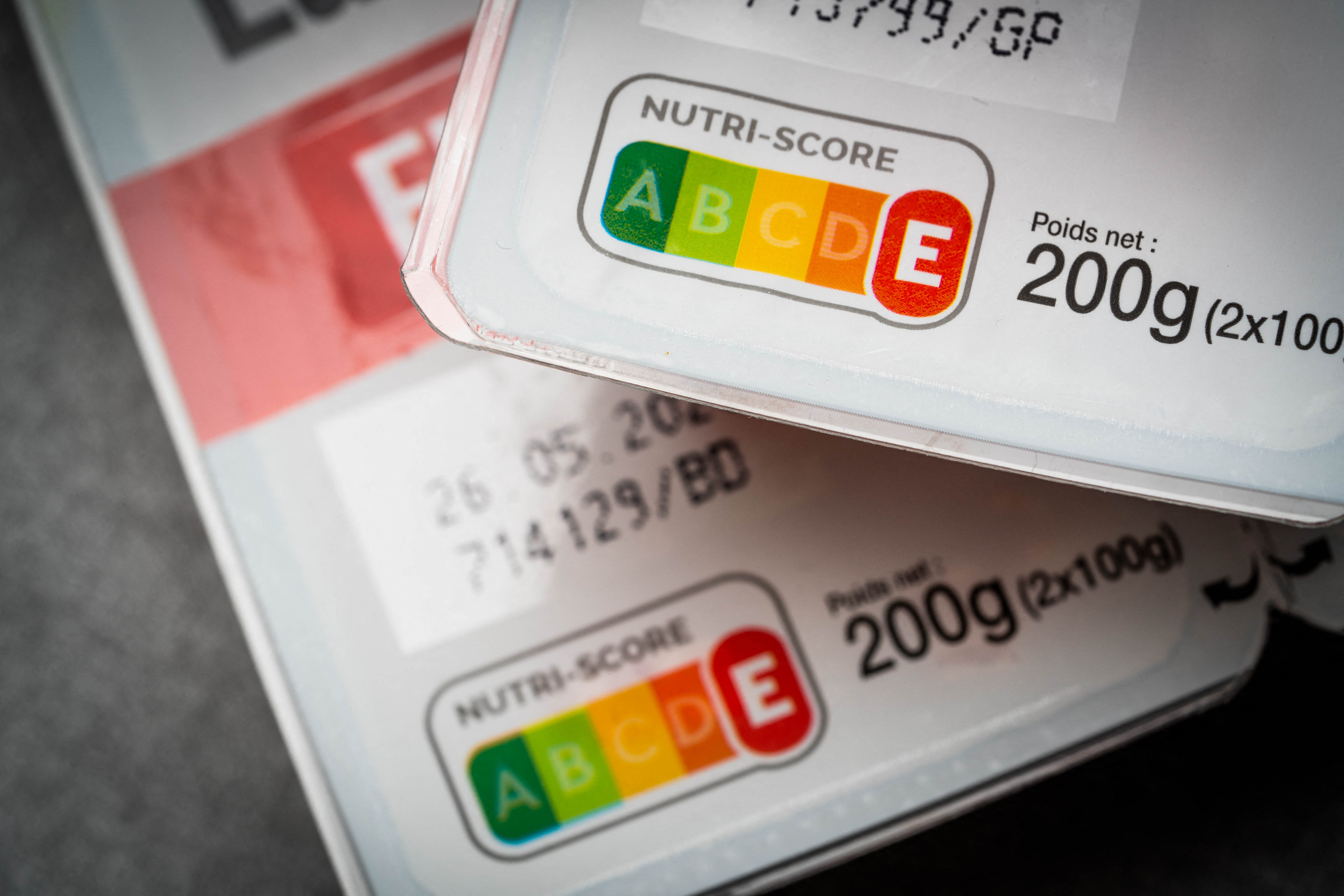Greece tests thousands of animals after ‘goat plague’ outbreak
ATHENS (Reuters) – More than 16,500 goats and sheep have been tested for a viral infection known as goat plague in central Greece, after nine animals tested positive last week in farming units in the area, government officials said on Monday.
Greece first detected the outbreak of the virus “peste des petits ruminants”, also known as PPR or “goat plague” on July 11.
So far, about 2,500 animals have been culled, all in the affected farms in the regions of Larissa and Trikala. A total of 16,500 have been tested, government spokesman Pavlos Marinakis told reporters.
Greece is still trying to determine the source for the PPR outbreak in the country, a second official said.
More than 100 vets in the public sector and the army will be deployed to test the livestock, with additional 120,000 animals expected to be examined by Friday.
“Of course, there will be more tests, if needed,” the official said. “An epidemiological investigation is being carried out to determine how it started.”
The virus causes fever, sores and lesions, laboured breathing and diarrhoea in infected animals. It poses no threat to human health.
Local authorities have put sheep and goats in quarantine and banned slaughtering across the wider region of Thessaly until July 26.







